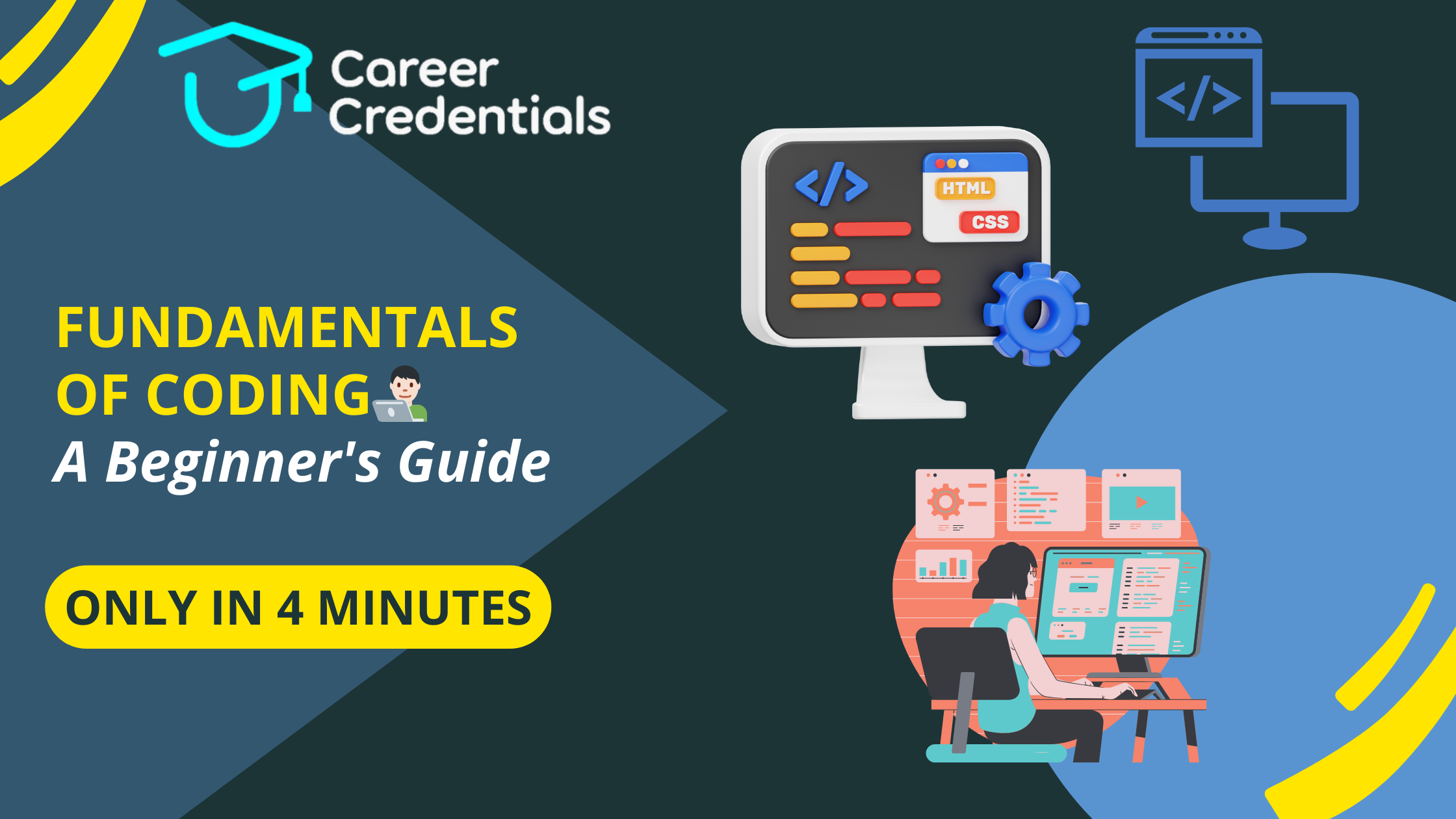Fundamentals of Coding: A Beginner's Guide

Programming is not just for the tech-savvy elite—it's a skill that anyone can learn and master. Whether you're considering it as a career path or a hobby, understanding the basics of coding opens up a world of possibilities. In this article, we'll delve into the fundamentals of programming and explore some essential concepts every aspiring coder should know.
Understanding the Basics
What is Programming?
At its core, programming involves creating sets of instructions for computers to follow. These instructions, known as code, come together to form computer programs. You'll often hear the terms "programming" and "coding" used interchangeably—they both refer to the art of creating these programs.
Types of Programming Careers
If you're intrigued by the idea of becoming a programmer, there are several career paths to consider:
1. Software Designer
Software developers, or engineers, tackle a wide range of problems by creating computer programs. From simple data collection to managing complex systems, their work powers everything from basic applications to cutting-edge technologies like machine learning and artificial intelligence.
2. Web Developer
Web development involves building applications that users access online. Frontend developers focus on the look and feel of websites, using languages like HTML, CSS, and JavaScript. Backend developers, on the other hand, handle the behind-the-scenes work, creating the functionality that powers web applications.
3. Data Science
Data scientists analyze and interpret vast amounts of data using programming languages like Python, R, and SQL. This field is crucial for advancements in areas such as machine learning, making it an exciting path for those interested in working with big data.
4. Systems Programmer
Systems programmers work on the foundational level, creating programs that computers run. They develop everything from operating systems to low-level scripts, often using languages like C and C++ to optimize performance.
Essential Tools for Coding
Text Editor
A text editor is a programmer's canvas, where code comes to life. While you could write code in a basic word processor, specialized text editors like Visual Studio Code or Atom offer features tailored for coding, making the process more efficient.
Compiler
Compilers translate human-readable code into machine-readable instructions. They're essential for languages like C++ and Java, converting your code into executable programs that computers can run.
Validator/Debugger
Validators and debuggers are invaluable tools for ensuring your code is error-free. They help catch mistakes, suggest fixes, and streamline the debugging process, saving programmers time and frustration.
Integrated Development Environment (IDE)
An IDE is a comprehensive software suite that combines editing, debugging, and compiling tools into a single interface. Many programmers prefer IDEs for their convenience and efficiency, as they provide a complete environment for coding projects.
Getting Started with Coding
Key Concepts
Functions
Functions are the building blocks of programming, allowing you to define reusable tasks. Whether it's calculating a value or processing data, functions streamline code and make programs more manageable.
Variables
Variables store data that can change during program execution. Think of them as containers holding information—whether it's a player's score in a game or a user's input on a website form.
Data Structures
Data structures organize and manage complex data. Instead of storing information in individual variables, data structures like arrays and objects provide efficient ways to handle interconnected data.
Must Read: Data Structures: Every Programmer Should Know by Career Credentials
Control Structures
Control structures dictate how a program flows. They let you make decisions based on conditions (like "if-else" statements) and loop through tasks multiple times. Control structures are essential for creating dynamic, responsive programs.
Enroll: Coding Fundamentals by Dr. Amar Panchal for FREE!
Taking the Next Step
Now that you've dipped your toes into the world of coding, where should you go from here? Consider starting with HTML and CSS for web development, then move on to JavaScript to add interactivity to your sites. Practical projects, like creating a simple HTML website, are excellent ways to apply what you've learned and continue your coding journey.
Check Out Frontend Roadmap by Career Credentials for FREE!
In conclusion, coding is both an art and a science—a creative process of crafting instructions for computers to execute. Whether you're drawn to software design, web development, data science, or systems programming, mastering the fundamentals opens doors to a rewarding and dynamic career in programming. So, dive in, explore, and start writing the code that will shape the future!
Confused About Your Career?
Don't let another opportunity pass you by. Invest in yourself and your future today! Click the button below to schedule a consultation and take the first step towards achieving your career goals.
Our team is ready to guide you on the best credentialing options for your aspirations.
Let's build a brighter future together!
Empower Yourself. Elevate Your Career at Career Credentials Where Education meets Ambition.
